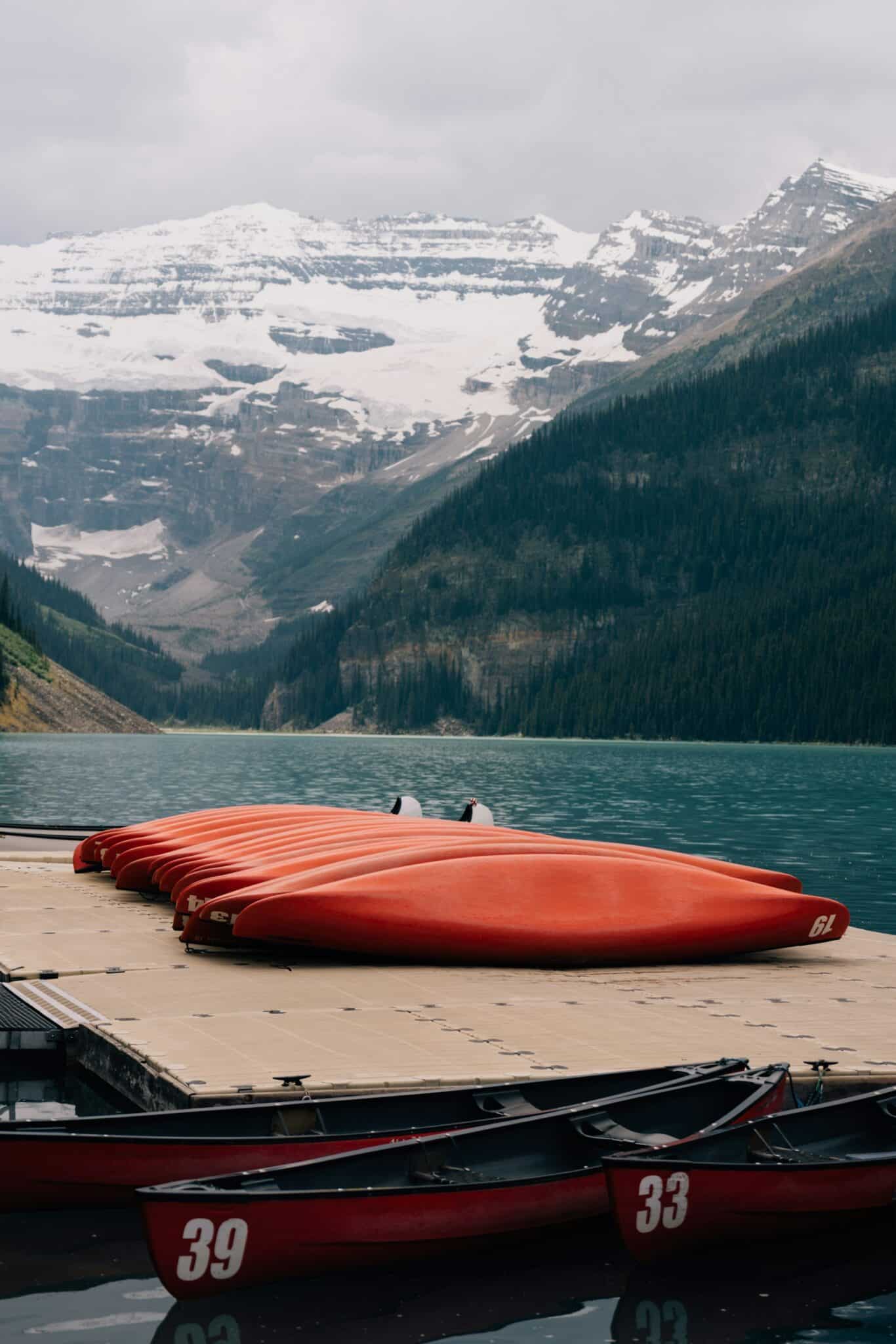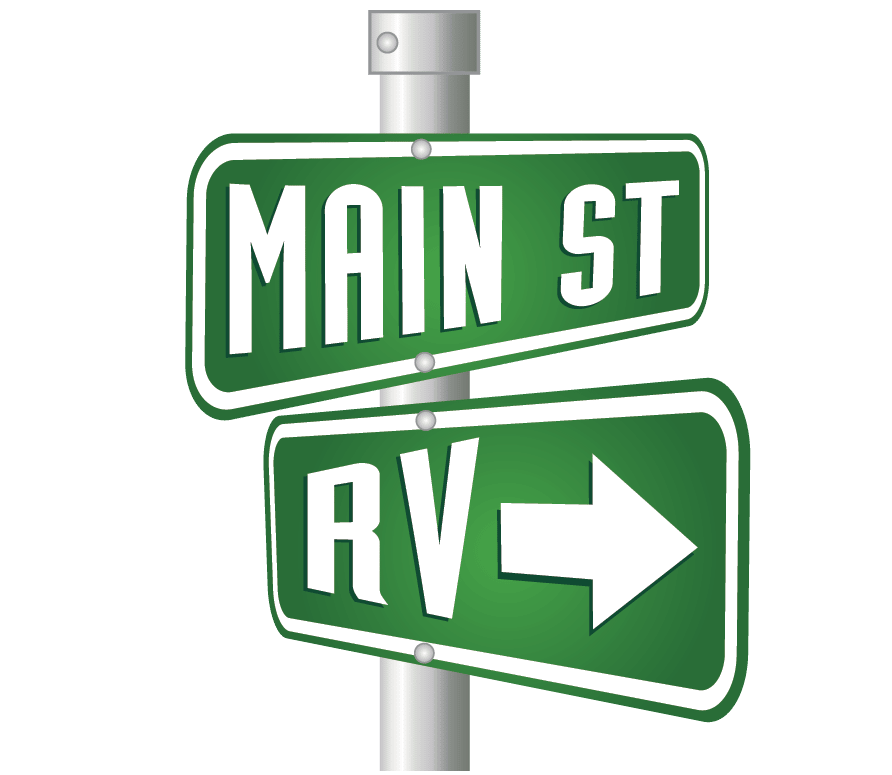Off-Grid Camping: What It Really Takes to Go Beyond the Hookups
🌟 Special Offers from Main Street RV
📞 Call 480-626-8845 – NO CITY SALES TAX!
🔋 Solar & Lithium Installs
Upgrade your RV with sustainable, off-grid power solutions.
🚐 Free RV Consignment
Let us help you sell your RV—no consignment fees!
⭐ Love Your Experience?
Leave us a Google review—we appreciate your feedback!
📍 Visit or Call Today
Stop by or call to schedule a viewing.
Your next adventure starts here!

Off-grid camping, also known as boondocking or dry camping, is the ultimate way to break free from crowded campgrounds and noisy neighbors. But it’s not as simple as just parking your RV in the middle of nowhere and calling it a day. If you want to enjoy true off-grid freedom — and stay safe and comfortable doing it — there’s some planning involved.
Whether you’re heading out for a weekend in the desert or a month in the mountains, this guide covers what you need to know before you cut the cord.
## What Is Off-Grid Camping?
Off-grid camping means camping without hookups — no water, no sewer, no shore power. You’re relying entirely on your RV’s self-contained systems and whatever gear you bring with you. That might mean staying on BLM land, in a national forest, or on private property with permission.
It’s a great way to reconnect with nature, avoid campground fees, and test your self-reliance.
## What You’ll Need to Camp Off-Grid
### 1. **Power: Solar, Batteries, and Generators**
Without shore power, you’ll need your own energy solution. Most off-grid RVers rely on:
* **Lithium batteries** for longer-lasting energy storage
* **Solar panels** to recharge during the day
* **Inverters** to power AC appliances
* **Generators** for backup on cloudy days or heavy loads
If you’re serious about long-term boondocking, lithium and solar are the way to go. A properly sized system can run everything from your fridge to your CPAP.
### 2. **Water Storage and Conservation**
Freshwater tanks only last so long. Bring more than you think you’ll need, and consider:
* Portable water containers for refills
* Low-flow showerheads and faucet aerators
* Gray water recycling hacks (for plants or dust control)
* Biodegradable soap to minimize your footprint
The key is to use less and bring extra.
### 3. **Waste Management**
For black and gray tanks, you’ll need a plan:
* Know where your nearest dump station is
* Consider a composting toilet to eliminate black water
* Use bio-friendly tank treatments to reduce odors
Off-grid doesn’t mean off-responsibility.
### 4. **Food and Cooking**
Your propane system will become your best friend. Bring:
* A portable propane grill or cooktop
* A well-stocked pantry with shelf-stable items
* Cooler or 12V fridge (if you’re not running a full-size one)
A little prep goes a long way. Think one-pot meals, pre-cooked meats, and foods that don’t spoil quickly.
### 5. **Navigation and Safety**
You’re not likely to get cell service way out there. Make sure you’re ready:
* GPS apps like Gaia or OnX Offroad (download maps offline)
* Two-way radios or satellite messengers (like Garmin inReach)
* First aid kit, extra fuel, and tire repair tools
Always let someone know where you’re going and when you plan to be back.
## How to Find Off-Grid Camping Spots
Some of the best places to boondock are hidden in plain sight. Try:
* **Bureau of Land Management (BLM)** lands — especially in the West
* **National Forests**
* **State trust lands** (check local rules)
* **Apps** like Campendium, iOverlander, and FreeRoam
Make sure you follow all local regulations, stay on designated roads, and leave no trace.
—
## Is Off-Grid Camping Legal?
Yes — but only in the right places. Most public lands have limits (usually 14 days), and some areas require permits. Don’t assume you can camp anywhere just because it’s empty. Always research ahead of time.
—
## The Benefits (And the Trade-Offs)
### **Pros:**
* Total privacy and quiet
* No campground fees
* Stunning, remote scenery
* A real sense of freedom
### **Cons:**
* Limited resources (water, power, internet)
* More setup and planning
* Potential for breakdowns far from help
But for many RVers, the pros outweigh the cons — by a mile.
—
## Final Thoughts
Off-grid camping isn’t for everyone. But if you’re ready to trade hookups for horizons, it can be one of the most rewarding ways to experience the RV lifestyle.
Just don’t wing it. Plan your power, watch your water, and be prepared. The wilderness doesn’t care if your inverter dies or your black tank overflows.
But if you’re ready… there’s a sunrise out there with your name on it.
